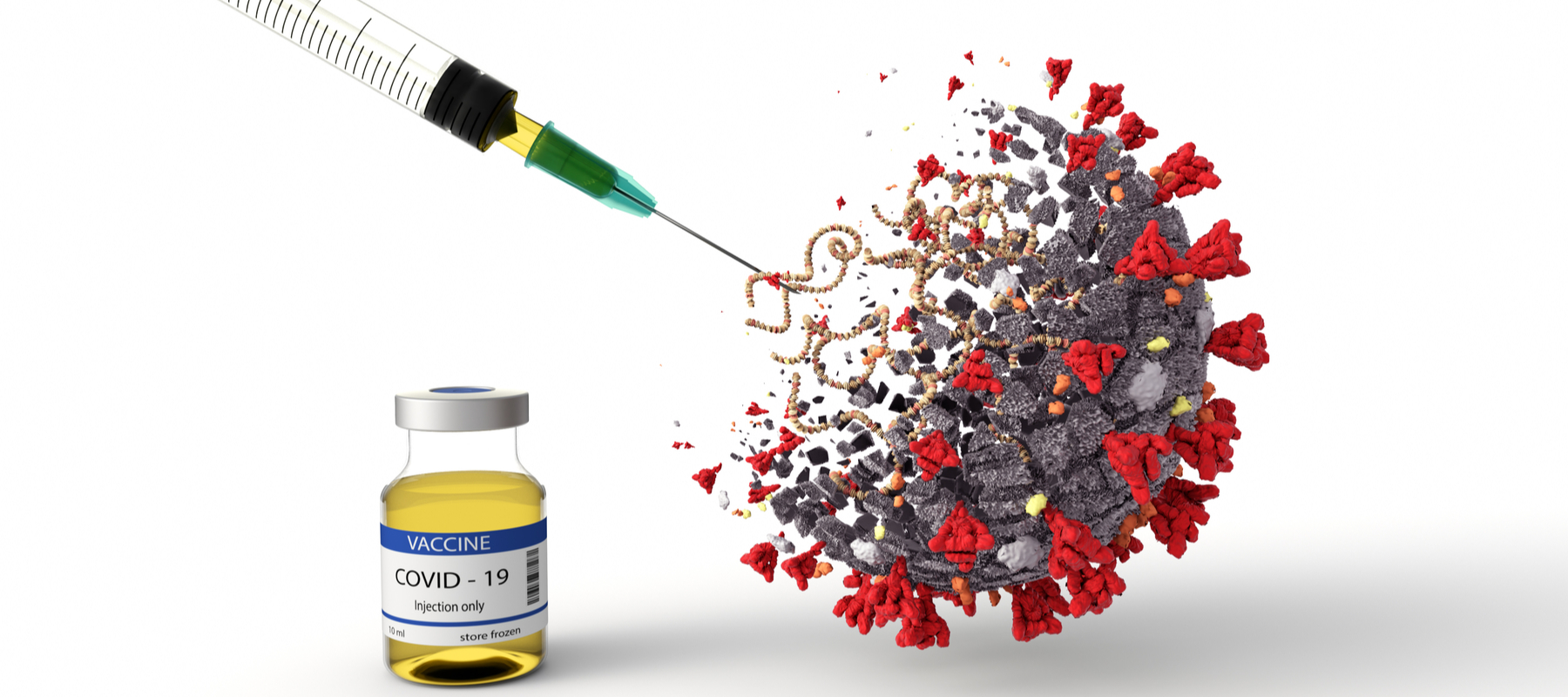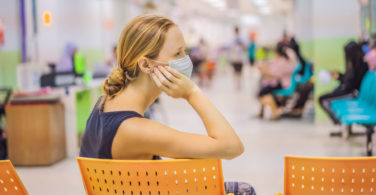The CDC reports that the U.S. is now administering an average of three million doses daily, with about 18.5% of Americans vaccinated already. Having followed a few weeks behind Europe’s infection trends throughout the pandemic, U.S. experts are preparing for another surge despite best vaccination efforts. The highly contagious B.1.1.7 variant is causing a large increase in hospitalizations in Europe. Anthony S. Fauci, MD, NIAID Director, warns that this variant does seem more contagious and deadly, accounting “for about 20% to 30% of the infections in this country. And that number is growing.”
While this is concerning, vaccines seem to work well against the variant. “The way we can counter 1.1.7, which is a growing threat in our country, is to do two things: To get as many people vaccinated as quickly and as expeditiously as possible with the vaccine that we know works against this variant and, finally, to implement the public health measures that we talk about all the time…masking, physical distancing, and avoiding congregant settings, particularly indoors,” Dr. Fauci said in a public statement.
In addition to these worries, the B.1.1.7 variant seems to be infecting younger people and children more than the original virus. While 54% of Americans 65 and older have been fully vaccinated, the younger population has not received nearly as many vaccinations. Pockets of this variant’s infection have sprung up in multiple states, including Michigan, New Jersey, and Massachusetts.
The CDC has been collecting data about COVID-19 infections throughout 2020 and plans to release finalized data this year. So far, they’ve determined that COVID-19 was the third leading cause of death last year among all Americans and was the number one cause of death for Latinx Americans.
Overall death rates were highest among men, people over 85, non-Hispanic Black persons, and non-Hispanic American Indian or Alaska Native persons. In total, COVID-19 caused approximately 375,000 deaths in the U.S. during 2020.
U.S. Has No Rights to Remdesivir Patent
Amid pandemic panic last year, Gilead’s antiviral remdesivir was the only COVID treatment to receive FDA approval after considerable studies. The U.S. has been supporting research of the drug for years, with federal agencies contributing about $162 million in research funding between 2013 and 2020. However, the Government Accountability Office (GAO) found that “federal contributions to the research did not generate new inventions.” Due to the GAO’s findings, it means the government has no intellectual property covering remdesivir.
Remdesivir received full FDA approval as Veklury in October of 2020, and the GAO explains Gilead alone funded the research that led to the company’s invention and initial synthesis of the drug used for hospitalized COVID-19 patients. Gilead estimates its spending on remdesivir as of December totaled $1.3 billion, with about $786 million in R&D costs. The company also spent about $1 billion last year in its pandemic response, including its efforts to scale up production.
If the federal government was granted patent rights then it would have been able to make, import, use, and sell the drug without Gilead’s permission and license it to generic manufacturers.








